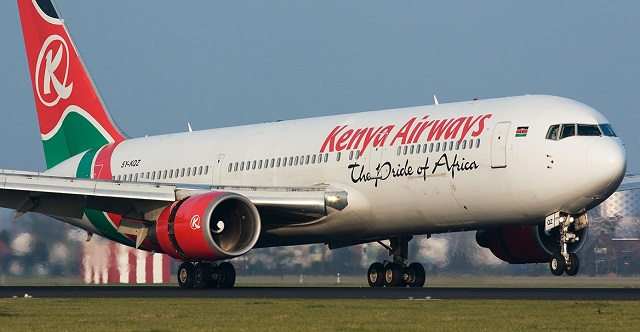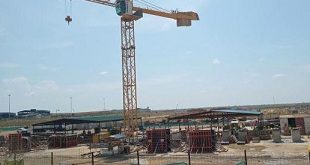
Geneva – The International Air Transport Association (IATA) has announced global passenger traffic results for November 2017 showing continued robust demand, including in the African region. The outlook for 2018 also looks great, according to IATA’s Director General and CEO Alexandre de Juniac.
“The airline industry is in a good place entering 2018. November’s strong demand gives the industry momentum,” Juniac said in the report.
Total revenue passenger kilometers (RPKs) rose 8.0% compared to November 2016, the fastest growth rate in five months and up from a 7.3% year-over-year rise in October. Capacity (available seat kilometers or ASKs) increased by 6.3%, and load factor rose 1.2 percentage points to 80.2%.
According to the report, African airlines experienced a 7.9% rise in demand compared to November 2016.
“Volumes have started to trend upwards strongly again in seasonally-adjusted terms in recent months, in line with an improvement in business confidence in key economies including Kenya and Nigeria,” the report stated.
Indicators in South Africa, by contrast, are still consistent with falling economic activity. Capacity rose 3.7% and load factor climbed 2.7 percentage points to 68.3%.
“The number of unique city-pair connections now tops 20,000. Passengers not only have more travel choices than ever, the cost of travel in real terms has never been cheaper,” said Alexandre de Juniac.
“Along with delivering great value to consumers, airlines are rewarding their shareholders with normal levels of profitability. We expect 2018 to be the fourth year in a row where the industry’s return on invested capital will exceed the cost of capital. In sum, we begin the New Year with confidence,” said Alexandre de Juniac, IATA’s Director General and CEO.
Juniac said challenges, however, remain, security threats continue, infrastructure issues persist and fees and charges are a growing part of the cost base.
“In many cases airports and air traffic management struggle to keep pace with demand and technology advancements. These and other challenges can only be addressed in partnership with governments. And doing so requires governments to recognize the enormous value that aviation—the business of freedom—provides to their economies and the world,” concluded de Juniac.
RELATED
Kenya Airways ready for non-stop daily flight to New York #NBONYCdaily https://t.co/WtO9iMGokU pic.twitter.com/KPgNhjYe7J
— The Independent (@UGIndependent) January 13, 2018
 The Independent Uganda: You get the Truth we Pay the Price
The Independent Uganda: You get the Truth we Pay the Price



